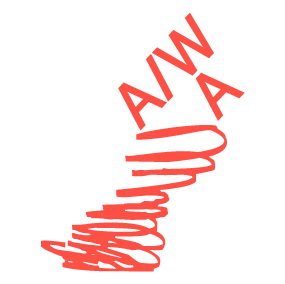
SALT. is a London based publication which aims to bring feminist issues and conversations surrounding the various registers of patriarchy to the forefront of discussion, publishing essays, art writing, poetry and art works as well as holding lectures and events.
This instalment of the associates programme will consist of presentations from artist Aliza Shvarts and academic Caroline Bassett. The event will coincide with the forthcoming 5th issue, centred around labour and the body, titled ‘anti-work’; to live and to labour, or to live as labour, is to negotiate the extended processes of reproducing ourselves and others that has come to define present modes of being. Codes and semiotics dictate our every interaction down to style, tone and gesture. However, the labour of ‘self-maintain’ occupies the interstices of both service and affective labour, requiring us to be accomplished at procuring and proffering semiotics, working in complicity with a larger set of hierarchies concerning how we perform and for whom.
For the duration of an academic year Aliza Shvarts performed repeated self-induced miscarriages as part her senior thesis project. A project which was subsequently censored by Yale. Because of these measures of privacy, the piece exists only in its telling. This telling can take textual, visual, spatial, temporal, and performative forms—copies of copies for which there is no original. Following on from a discussion of censorship within Aliza’s work, Caroline Bassett will present her research surrounding non-quiescent forms of silence in the realm of protest and glitch feminism. The event will explore methods of ‘anti-work’, under the bracket of alternative protest.
Aliza Shvarts is an artist, writer, and scholar whose work deals broadly with queer and feminist understandings of reproductive labor and temporality. She holds a BA from Yale University, where her senior thesis for the art major—Untitled [Senior Thesis] (2008)—became the subject of international debate insofar as it dealt with questions of abortion. Since then, Shvarts has continued to investigate the body as a site of artistic, ideological, and discursive production.